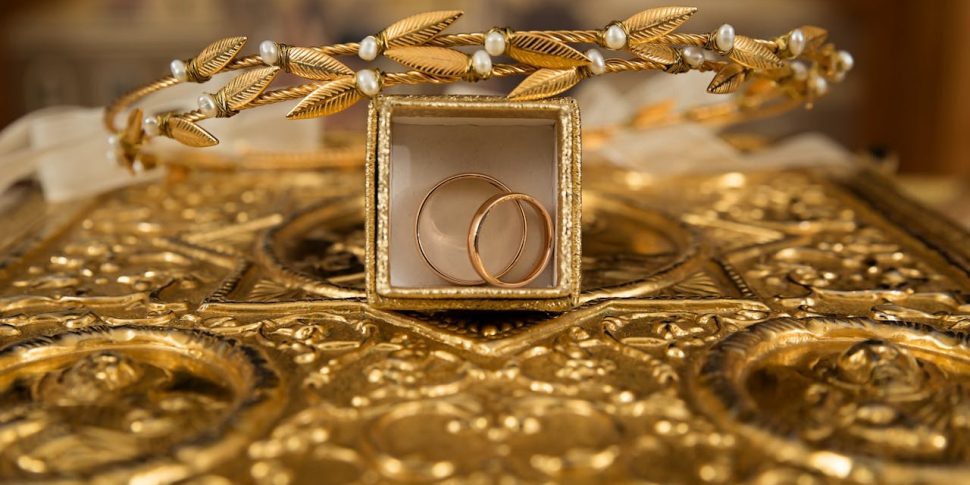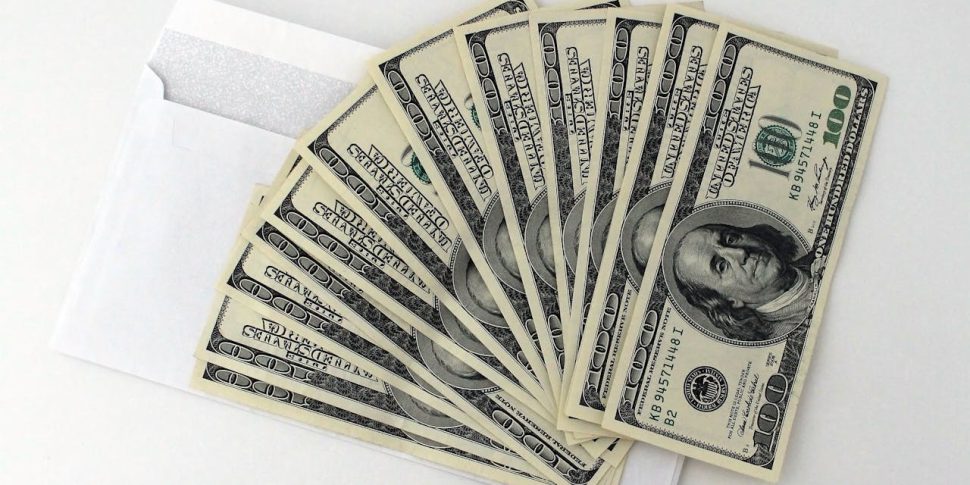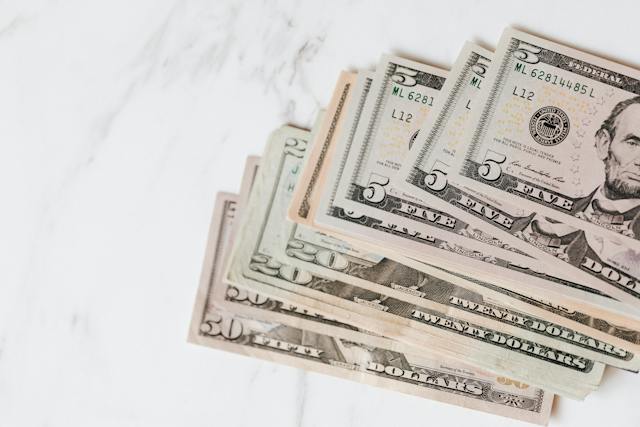Most Americans take on debt at some point in their lives. They will take out a mortgage on a home, take out a college loan, or use a credit card to make their auto payments. And when it comes to consumer loans for expenses like those, folks know they will be paying off those loans for years to come.
Small loans are different. They can come from your aunt in the form of a money order or an envelope of cash (families are one of the most common sources of small cash loans), and the lender can be anyone willing to spot you the dough. But most people, if they have the choice, would prefer to keep their personal lives and their financial dealings separate if possible. It’s a big reason that so many people opt to secure loans from a nearby pawn shop they have vetted and can trust to offer a good deal on fair terms.
Personal Loans
No matter who you borrow from, you can draw up a contract that spells out the terms of the loan agreement to eliminate any misunderstandings and avoid arguments later on. With smaller loans, people often want their money in a single, lump sum, but there can be varied terms for how and when it will be paid back, usually with interest. In some cases the borrowers will be able to pay the amount back in installments over a predetermined time frame – in others, they will pay it back in full.
The Downside of Borrowing Money Against Your Credit Card
Regular people in this country take out loans for a few grand or less all the time. Doing so often makes more sense than putting those expenses on their credit cards. For one thing, it’s more simple to keep your loan separate from something that you use to shop on a regular basis. If you’re already using your credit card for groceries, gas, and other day-to-day purchases, having something on there that must be paid back soon will cause confusion for a lot of folks. More importantly, credit cards can have an APR of 25 percent or more. The last thing you want is an unnecessary expense on your card jacking up the interest you already owe.
Payday Loans
If you get a regular paycheck, payday loans are a less common source of money when you need it. These are usually structured in such a way that you are really borrowing against your future self, since the money will likely come out of your next paycheck. Payday loans have been criticized for their very high interest rates. They are also paid back in such a short time frame that they are not a realistic option for everyone needing a couple hundred bucks on short notice.
Loans from Banks and Financial Institutions
For people with good credit, getting a loan from institutions such as banks and credit unions is one of the most common sources of money when they need it. Someone who is normally a little more flush with cash and has a history with the same bank may not have any trouble taking out a small loan to pay off their wedding caterer or for a down payment on some new kitchen cabinets. For a variety of reasons, though, this avenue is not an option for everyone, either.
How Are Loans from Pawn Shop Different?
Sometimes when life throws you a curveball, you need money ASAP. You may not know people who have the money to lend – or you would rather keep your private life to yourself. Avoiding the emotional conflicts of a loan from a friend or family member is just one major benefit of a pawn shop loan.
The other is that you can borrow money against collateral you already have. You don’t need a regular paycheck or a relationship with a banking institution. You also don’t need to answer a lot of questions about your personal finance history. If you have something valuable such as a ring or piece of electronics, and you trust that you can pay the loan back on time, then you might get the deal you need to pay your bill.
Another benefit of securing smaller loans from your local pawn shop is that they may be willing to negotiate terms that match your needs. Each agreement is different. What’s important is that you get your questions answered, and that you examine the contract carefully and are confident you are doing what is right for you.
Ask Fullerton Pawners About Their Different Loan Agreements
Are you looking for a place in Chicago that can be a source of small loans when you need them? Speak with someone at Fullerton Pawners, a family-owned business with a long history serving Chicago’s north side. We also provide many other services, from making estate purchases to repairing antique watches.
Contact Fullerton Pawners online, or call us at 773-637-9999 to discuss what we can do for you this year.





